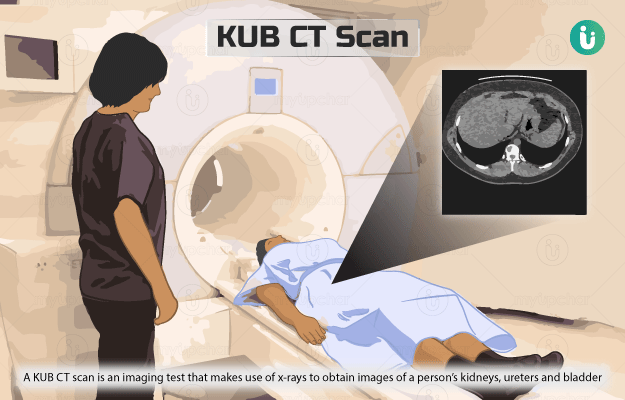What is Hypertension test?
Blood pressure is the force that the circulating blood exerts on the walls of your arteries, a type of blood vessels. Each time your heart beats, it pumps more blood, the blood pressure is highest during this time and is called systolic pressure. Between heartbeats, your heart rests and blood pressure drops. This is called diastolic pressure. Your blood pressure reading shows both these values. If your reading is 120/80, it means that your systolic pressure is 120 and diastolic pressure is 80.
Click on the link to know in detail about high blood pressure treatment.
If your systolic blood pressure is 140 or above or your diastolic pressure is 90 or above, you have high blood pressure or hypertension. Persistent hypertension needs clinical attention and should never be ignored. A blood pressure reading above 180/120, seek immediate medical attention.
If you do not control your blood pressure, your heart has to work harder to pump blood. This can lead to serious problems like heart failure, stroke, heart attack and kidney failure.
Hypertension is of two types:
- Primary or essential hypertension: This is the most common type of hypertension. It develops as you grow older.
- Secondary hypertension: This is caused by the use of certain medicines or due to an underlying medical condition. It generally improves when you stop the medication or when the condition is treated.
A hypertension panel does not diagnose hypertension but detects problems that may cause or worsen hypertension. It includes the following tests:
- Urea: Urea test detects the amount of nitrogen present in your blood in the form of a waste product called urea. Urea is produced from protein breakdown in your body. It is filtered out through kidneys and is excreted in urine. Your blood urea level may rise if your kidneys are not functioning properly. It may also rise if you take a protein-rich diet, if you are dehydrated or have heart failure. This test is performed to check your kidney function.
- Creatinine: This blood test also checks kidney functioning. Creatinine is a waste product of muscle metabolism that is released into the bloodstream constantly as you use your muscles. Most of this creatinine is eliminated in the urine through the process of filtration. Creatinine levels rise when there is kidney damage.
- Sodium: Sodium test checks the sodium levels in blood. Sodium is a mineral that is needed for the normal functioning of all cells in body, especially the muscles and nerves. Sodium levels are maintained by kidneys, all the excess sodium is eliminated in urine. However, when you consume too much sodium, your kidneys cannot eliminate enough of it. This leads to sodium build-up in the body, which causes hypertension.
- Potassium: Potassium is yet another mineral that, along with sodium, helps maintain the fluid and electrolyte balance in your body. It also plays an important role in maintaining heart function, muscle contraction, and nerve conduction. A potassium test checks for the blood levels of potassium. Most of the potassium is present inside body cells, but a small quantity is also present in the bloodstream. Excess potassium is eliminated in the urine. If you have any problem in your kidneys, your blood potassium levels will rise.
- Chloride: This test checks for the amount of chloride (a type of chlorine) in your blood. Chloride balances the amount of fluid present inside and outside the cells. It also maintains blood pressure and blood volume in the body.
- Lipid profile: A lipid profile consists of a set of tests that checks the levels of cholesterol and other fats in your blood. It measures the total cholesterol, LDL cholesterol (low-density lipoprotein or “bad” cholesterol), HDL cholesterol (high-density lipoprotein or “good” cholesterol) and triglycerides (another type of fat that causes arteries to harden). If cholesterol and triglycerides build up in blood, they can clog arteries. A clogged artery in the heart muscle may affect the functioning of the heart and lead to a stroke. This profile can help in predicting your risk of heart disease and stroke.
- Urine 24-hour (24h) protein: This test checks for the presence and amount of protein in your urine. Normally, your kidneys filter the protein and send it back to your circulation. However, when your kidneys are not functioning properly, proteins are lost in the urine. Proteins in urine can be due to different conditions, including diabetes and kidney disease. If you have proteins in your urine during pregnancy, it could be an indication of a dangerous condition called preeclampsia (extremely high blood pressure).
(Read More - Ayurvedic treatment for High BP)
























